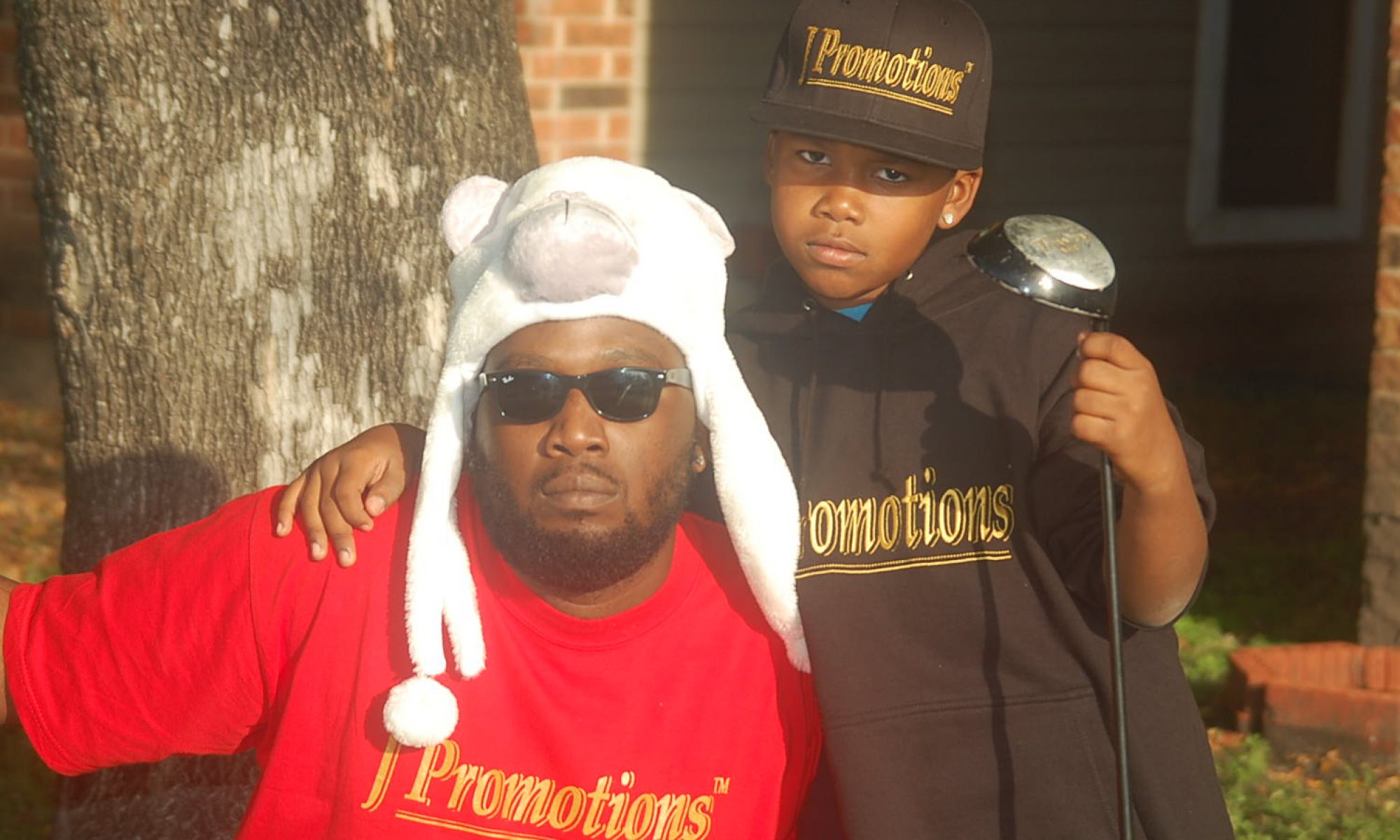Critics fear a new Arkansas abortion ban will have particularly harmful consequences for the Asian-American community.
Asian-American groups are speaking out against a new Arkansas law that prohibits doctors and other providers from performing an abortion that is sought out based on the predicted sex of the fetus.
The legislation, which was signed by Governor Asa Hutchinson on Wednesday, was spurred by increased immigration by couples from cultures where sex selective abortion is “prevalent,” lead sponsor Rep. Charlie Collins (R-Fayetteville) previously explained to Arkansas News. Speaking to the New York Times, he even brought up China as an example.
And that’s not sitting right with the Asian-American community.
“This ban is based on the false premise that AAPI families prefer sons over daughters and will seek abortions because of that preference,” Aliya Khan, Policy Associate at the National Asian Pacific American Women’s Forum (NAPAWF), told the Huffington Post in an email. “Despite the fact that this myth has been debunked, … politicians continue to use these awful stereotypes to advance their anti-abortion agenda.”
The text of the act states that prior to performing an abortion, the doctor must ask the patient whether she knows the sex of the unborn child. If she does, the doctor will then inform her that sex selection abortion is prohibited. The physician will also need to get a hold of the woman’s medical records as they’re unable to go forth with the procedure “until reasonable time and effort is spent to obtain the medical records of the pregnant woman.”
Ultimately, the woman’s pregnancy history would be investigated.
Doctors who fail to follow the law will face misdemeanor charges, and will be punishable by up to a year in jail and a fine of up to $2,500. They’ll also risk losing their medical license or having it suspended.
“I think it protects everyone concerned. It especially protects unborn girls,” Jeff Cox, who’s the head of the Arkansas Family Council and has been pushing for the ban, said according to the Associated Press.
Asian American groups, however, don’t buy this logic. They note that research tells a very different story and the basis of the law is drawn from harmful stereotypes.
A 2014 University of Chicago Law School study actually showed that foreign-born Chinese, Indians, and Korean Americans, on average, have more female children than white Americans. And as research and policy organization the Guttmacher Institute mentioned, data shows that sex selective abortions don’t regularly occur in the U.S. Moreover, almost 90% of all abortions take place in the first trimester ―before the woman can know the sex of her baby. And implementing such policies haven’t yielded success in ending sex-selective abortions abroad, the Guttmacher Institute noted.
Both Collins and Cox themselves have mentioned that they haven’t actually heard of any documented sex selective abortion cases in Arkansas.
Still, it’s stories about infanticide and gender-based abortions in China and South Asia that lawmakers have used as evidence for the need for these sex-selective abortion bans, The Washington Post pointed out.
The spread of misinformation puts women’s reproductive health in the Asian American community at stake, critics say. Just before the bill was signed, Sung Yeon Choimorrow, NAPAWF’s interim executive director, mentioned that the penalties could deter doctors from providing care patients need due to the threat of punishment.
She explained in a piece for Rewire that the ban “will turn Asian-American people seeking reproductive health services into suspects and reproductive health-care providers into investigators… It will further stigmatize their patients while creating additional barriers to care.”
Other organizations like the American Civil Liberties Union of Arkansas also explained that the investigation portion of the ban violates women’s right to privacy. The group plans to challenge the legislation.
“The law of the land is that abortion is legal up to the point of viability,” the group’s executive director, Rita Sklar, said according to The Associated Press. “Nobody should pry into the mind of the woman who wants the procedure.”
Asian Americans Advancing Justice-LA’s Karin Wang echoed the sentiment, calling the ban an “illegitimate attack on a woman’s Constitutional right to privacy in making reproductive choices” in an email to HuffPost.
Collins, however, seemed to think that looking into a woman’s medical history would pay off, describing concerns over privacy a “trade-off,” the New York Times reported.
“You could potentially see a history of recent abortions, and that might be a data point for a doctor,” he said.
Arkansas follows several other states in introducing sex-selective abortion legislation, including Oklahoma and Arizona. But rather than base these laws off of stereotypes, Khan stressed that these legislators need to be looking to the groups who are actually effected by these bans for answers.
“These lawmakers are not asking what AAPI women need in order to combat gender inequity here and globally,” she told HuffPost. “AAPI communities know what we need best in order to support and grow our families — we want equal pay for equal work, health care access, comprehensive immigration reform, and policies that support our gender identities.”
Read more at HuffPost Asian Voices and follow our Facebook page, Brazen Asians.
— This feed and its contents are the property of The Huffington Post, and use is subject to our terms. It may be used for personal consumption, but may not be distributed on a website.
Source: HuffPost Black Voices
